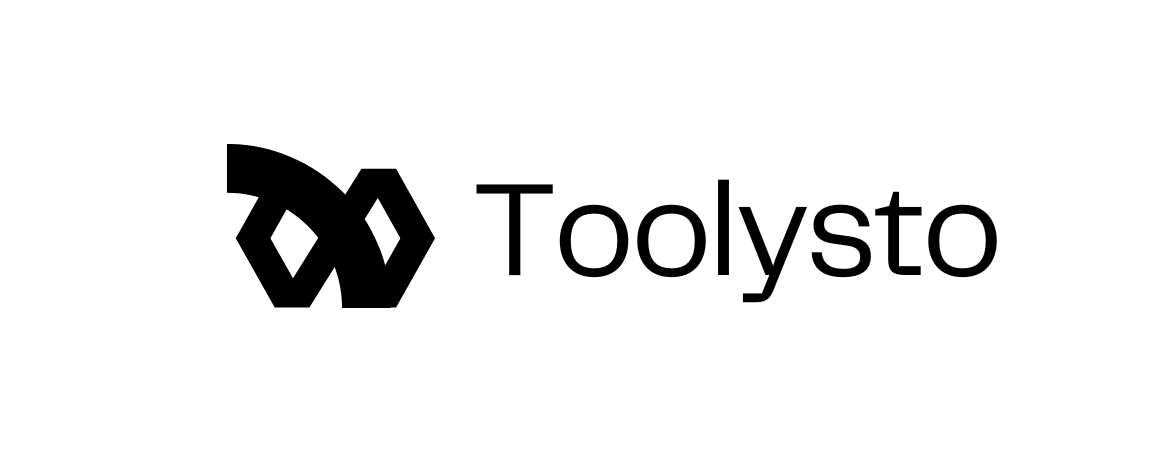HubSpot and Salesforce, as dominant players in the market for the customer relationship management (CRM) and marketing automation software, are the two leaders. Every platform out there now provides free ai tools for marketing but is very distinct, having its own features, capabilities, and plans, hence, it’s necessary for businesses to take their time and compare and contrast these features before making a choice.
Whereas HubSpot is known for its inbound marketing and sales software, with the purpose of having people want to buy your product, engage, and delight them, customers. Conversely, Salesforce is the one CRM that is scalable and that integrates every aspect of customer relationship management, sales, marketing and service.
Affiliate Disclosure
We are Hubspot Affiliate, and we may earn commision if you decide to purchase through any link given in this page. However, this doesn’t impact our opinion about the software. We share our personal experience and honest opinion with the readers
Features and Capabilities
HubSpot Features
HubSpot has tools like lead management, email campaign generation, social media management, and analytics. The solution´s user-friendly interface and the ability to customize the dashboards makes it a good pick for small and medium scale firms.
Salesforce Features
Many features like sales forecasting, workflow automation, discoveries powered by best AI marketing tools and the option to develop your own reports are available in Salesforce. This software has customer relationship management (CRM) features enabled, making it well suited for enterprises who are in the complex sales processes.
Pricing Comparison
HubSpot Pricing Plans
HubSpot gives users several pricing plans, among which are the free version with elementary CRM functionality. The paid plans’ range of features and number of users is used to make it appropriate for businesses of any size, depending on their needs. HubSpot also provides free AI tools for affiliate marketing which is a big plus for the small business owners.
Salesforce Pricing Plans
The prices of Salesforce are more complex also, because this company has different editions of its products that work for specific types of business. Despite the affordability issue, it provides a range of advanced features that costs a lot more than HubSpot.
User Interface and Ease of Use
HubSpot UI
Hubspot’s interface is convenient; users navigate and manage their CRM and ai marketing tools free activities through a drag-and-drop process without any professional tech skills.
Salesforce UI
Salesforce is customizable but features more of a learning curve and for those who are newer to CRM systems. On the other hand, the adaptability lets them embed workflows and processes into their systems.
Integration and Customization Options
HubSpot Integrations
Among few others, HubSpot has built a number of the third-party applications integration that further extends the usefulness of the platform and enables customers to create individual customer workflows and automating tasks.
Salesforce Integrations
What makes Salesforce different from the rest is its substantial application and integration marketplace via its AppExchange platform, which gives businesses the opportunity to expand its functionalities and connect it with other business tools.
Customer Support and Training
HubSpot Support
Hubspot offers a complete support system that includes documentations, tutorials, community forums and dedicated support teams for paying customers which makes sure to guide through every process.
Salesforce Support
The platform Salesforce offers a numerous help function via Trailhead learning portal, online resources, training programs and customer success managers team for larger accounts.
Pros and Cons of HubSpot
By presenting a user-friendly interface, HubSpot is able to provide one of the main advantages for the small businesses that are its target audience. It can also offer AI marketing bot automation at affordable prices. Nonetheless, this could be a problem if the CRM lacks specific advanced features required by large enterprises.
Pros and Cons of Salesforce
Salesforce is unique in the fact that it has the widest range of CRM features, ensuring scalability across all business sizes, as well as a large community of partners and connecting applications. Despite that, its use may turn out to be overwhelming for the users who are new to it and may require extra customization.
Use Cases and Target Audience
HubSpot is a great option for startups, smaller businesses, and marketing oriented enterprises as they provide free ai marketing tools that need a system that can be used to manage their inbound marketing operations from a single platform.
Salesforce has its focus set on mid-sized or larger companies who have a very sophisticated sales process and their need for advanced CRMs.
Market Share and Popularity
Both HubSpot and Salesforce are strong marketing players in the market segments they are serving. HubSpot attracts enterprises that desire to follow inbound marketing practices while Salesforce is the first choice for companies aiming for whole-suite CRM optimization.
Conclusion
Finally, it’d be worth considering HubSpot and Salesforce based on the actual requirements, budget, and size of the business. HubSpot proves itself to be outstanding in user-friendliness and best free AI tools for digital marketing automation, while Salesforce delivers advanced CRM and scalability features. Space-wise, a business needs to evaluate its requirements and consider factors like features, cost, usability and support in order to make a decision.
In our honest opinion, Hubspot is slightly better in terms of performance and user friendliness. If I had to choose any one of these, Hubspot will be the choice. We highly recommend it to everyone.
Note: We are a HubSpot affiliate and receive a commission when you purchase using any links on this page.
FAQs
1. Is HubSpot suitable for large enterprises?
HubSpot offers features that cater to small to mid-sized businesses, but larger enterprises may find Salesforce more suitable due to its advanced CRM capabilities.
2. Can Salesforce be integrated with other business tools?
Yes, Salesforce has a vast ecosystem of integrations available through its AppExchange platform, allowing seamless integration with various business applications.
3. What is the main difference between HubSpot and Salesforce?
HubSpot focuses on inbound marketing and sales, while Salesforce provides a comprehensive CRM platform covering sales, marketing, and service functionalities.
